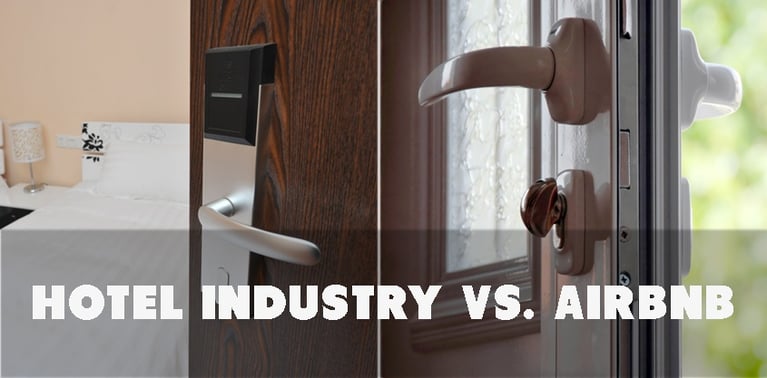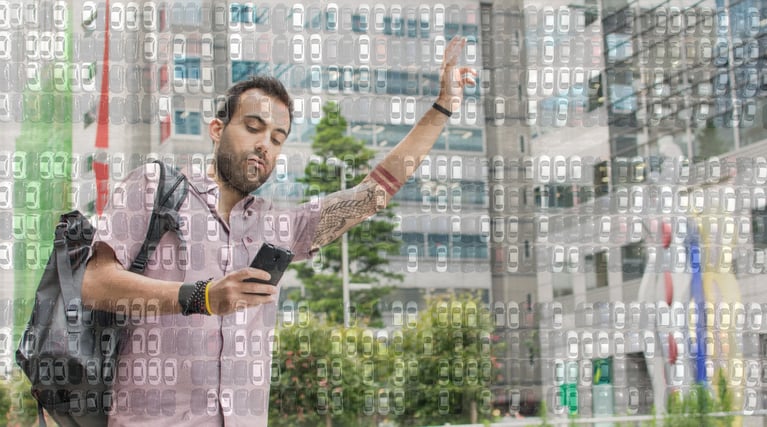3 New Developments in Tech’s Latest ‘Trending’ Frontier: Hospitality
Feb 10, 2016 / By Vanessa Horwell
As technological innovation has left its mark on industries as varied as retail, finance, and transportation, the traditional hospitality sector has been (somewhat) spared. Certainly, guest expectations have changed in line with the rise of larger forces: Online reservations are now the norm; reliable Wi-Fi is increasingly important; and Airbnb and its comrades in the “sharing economy” are seizing a growing share of the market. But overall, the average hotel in 2016 isn’t much different than the average hotel in 2006... or even 1996.
As the rise of e-commerce, online banking, and Uber have proven, however, no sector stays unchanged for long in the era of ‘disruption.’ Now that Silicon Valley has set its sights on hospitality, the average hotel may look a lot different in 2026 – or even 2020 – than it does today. The three developments below are particularly poised for takeoff in the years to come.
The Rise of the ‘Smart Hotel’
Many newly-built hotels are incorporating technology into the hotel structure itself – and eco-friendliness is a key area of application. Hotels have long been plagued with high energy bills, given that guests aren’t particularly diligent about turning off the lights and lowering the temperature in spaces that aren’t their own homes.
New sensors, smart thermostats, and other devices give hotels greater control on that front: Systems from CentraLite, for example, can be used to see if a guest is in the room and, if not, modify the light and thermostat settings (which are reset when the guest walks back in).
Key? Concierge? Remote? You Mean App
Another area where tech is infiltrating hotel blueprints is check-in, as new solutions like Mobile Key by OpenWays make it possible for guests to not only claim their reservations on their mobile phones but even use them as room keys – enabling them to bypass the registration desk altogether.
Additional mobile-powered, self-service tools are also rising to replace hotel strongholds. Guests of The James Hotels can use the brand’s ‘Pocket Assistant’ app to find attractions in the area where they’re staying, rather than ask the concierge. And with Virgin’s ‘Lucy’ app, guests have a control center for the entire hotel stay: Not only does it power smartphone-enabled booking, check-in, and check-out, but guests can use Lucy to adjust room temperature, stream personal content to the room’s TV, order room service, or communicate with hotel staff or other guests.
Beacons – Fellow Guests in Your Room?
Piggybacking on consumers’ increasing use of mobile devices for almost every task under the sun, “beacons” are on the rise at retail stores, restaurants, and (of course) hotels in large cities. A beacon is a wireless device, positioned at a high-traffic business location, that pushes offers and communications to customers’ smartphones when they’re in the vicinity of the device.
News broke last year that Facebook, among others, was testing the use of Bluetooth-powered beacons in the hospitality sector. It’s a wise move, since beacons could make a great tool for using offers to boost guest loyalty: Welcoming a traveler to the lobby with an offer for a free drink at the hotel bar, or sending a discount on room service to someone who gets back to their room late at night, are smart ways to win guests over (and keep them coming back).
Sign up for our insights on the convergence of business and PR





